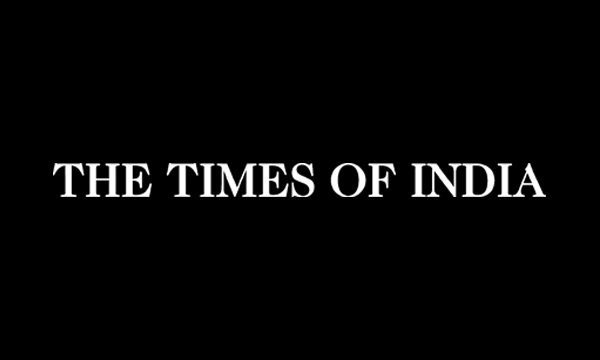
The Northern Ireland protocol of Brexit is not “simple or straightforward” but it is lawful, the court of appeal in Belfast has ruled.
Northern Ireland’s lady chief justice, Dame Siobhan Keegan, along with two other judges in the court, concluded that the protocol had not illegally trumped the Acts of Union 1800, which established Northern Ireland’s place in the UK, or elements of the Northern Ireland Act 1998, which followed the peace deal that year.
They were considering complicated matters relating to the constitutionality of the protocol, following a high court judgment in a case brought by a group of unionist politicians including Jim Allister, the head of the Traditional Unionist Voice party.
Others involved in the case were Brexit supporter Ben Habib, former Labour MP Kate Hoey and Clifford Peeples, a member of the public and loyalist pastor.
In dismissing five grounds of appeal, the court of appeal found that the government had acted lawfully, that international treaties were not a devolved matter and that decisions made by a democratically elected national government did not bind future governments centuries or decades later to their decisions.
Peeples’ lawyer, Ciaran O’Hare, said they would now consider whether to take a further appeal to the supreme court, as it raised unprecedented matters about the intersection of law and the unwritten constitution.
“What we say is there is a hierarchy of constitutional statutes and the Acts of Union, which established Northern Ireland, sits at the top of that hierarchy. This concept of a hierarchy of laws has never been litigated before. It was touched upon in the case over HS2 [the high-speed train service in England], but it was not fully scrutinised,” said O’Hare, of McIvor Farrell.
Keegan said she and two other judges agreed with the argument that “an overly literal interpretation” of laws made in the 1800s does not require “complete parity” with new laws governing trade between Great Britain and Ireland.
The court concluded that the phrasing of the European Union (Withdrawal) Act 2018 did not impliedly repeal the Acts of Union as suggested by the high court.
“The question arises whether this is an effective repeal of article six of the Acts of Union, we cannot see that it is, in strict terms. That is due to the fact that the protocol is not codified as a permanent solution and is drafted in flexible terms,” the judgment said.
It added that the later statute “takes precedence” and “this aligns with the core tenets of parliamentary sovereignty … including the principle that parliament cannot bind its successors”.
She told the court that it was right that the case was expedited through the courts as “the protocol has generated much debate and reaction” and discussion over constitutional issues.
But she concluded that the act of parliament that led to Brexit was the “result of a protracted, transparent, debated, informed and fully democratic process which decided arrangements for Northern Ireland post Brexit”.
She said it “cannot be seriously suggested that parliament was unaware of the changes that may be wrought” and “there can be no doubt in relation to parliamentary intention in this case”.
The ruling comes as the foreign secretary, Liz Truss, has reportedly set out plans to put a row between the UK and the EU over the protocol on hold because of the Ukraine crisis and more urgent efforts between the bloc and London to push for peace.
According to the Sunday Telegraph, she has written to Boris Johnson suggesting the plan to trigger article 16 over the protocol should be parked, and proposing an interim deal involving a “green lane” for goods traded between Great Britain and Northern Ireland only.
• This article was amended on 15 March 2022 to add more detail about Clifford Peeples.







